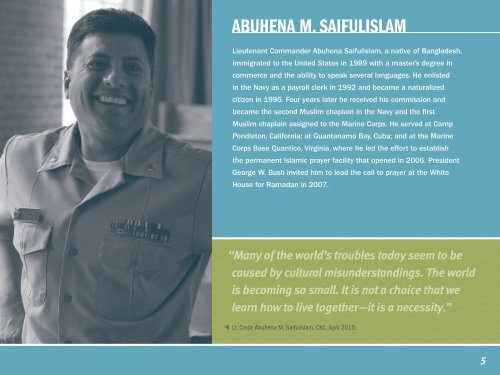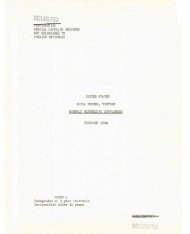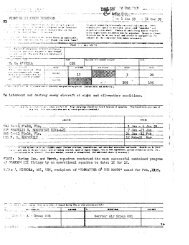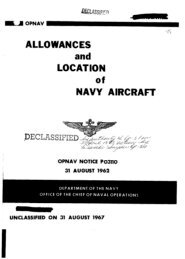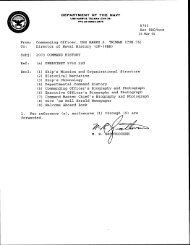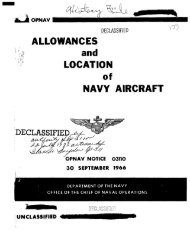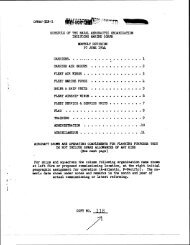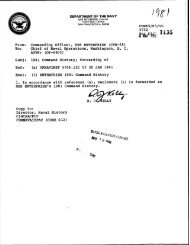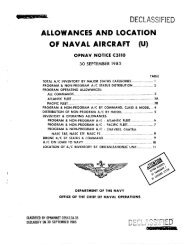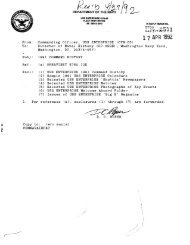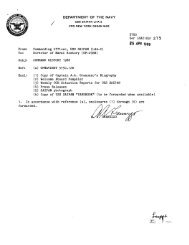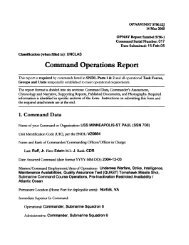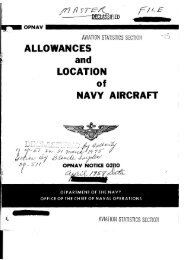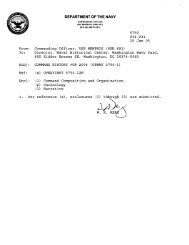religious diversity - Naval History and Heritage Command - U.S. Navy
religious diversity - Naval History and Heritage Command - U.S. Navy
religious diversity - Naval History and Heritage Command - U.S. Navy
You also want an ePaper? Increase the reach of your titles
YUMPU automatically turns print PDFs into web optimized ePapers that Google loves.
Abuhena M. Saifulislam<br />
Lieutenant Comm<strong>and</strong>er Abuhena Saifulislam, a native of Bangladesh,<br />
immigrated to the United States in 1989 with a master’s degree in<br />
commerce <strong>and</strong> the ability to speak several languages. He enlisted<br />
in the <strong>Navy</strong> as a payroll clerk in 1992 <strong>and</strong> became a naturalized<br />
citizen in 1995. Four years later he received his commission <strong>and</strong><br />
became the second Muslim chaplain in the <strong>Navy</strong> <strong>and</strong> the first<br />
Muslim chaplain assigned to the Marine Corps. He served at Camp<br />
Pendleton, California; at Guantanamo Bay, Cuba; <strong>and</strong> at the Marine<br />
Corps Base Quantico, Virginia, where he led the effort to establish<br />
the permanent Islamic prayer facility that opened in 2006. President<br />
George W. Bush invited him to lead the call to prayer at the White<br />
House for Ramadan in 2007.<br />
“Many of the world’s troubles today seem to be<br />
caused by cultural misunderst<strong>and</strong>ings. The world<br />
is becoming so small. It is not a choice that we<br />
learn how to live together—it is a necessity.”<br />
Lt. Cmdr. Abuhena M. Saifulislam, ChC, April 2010.<br />
5


